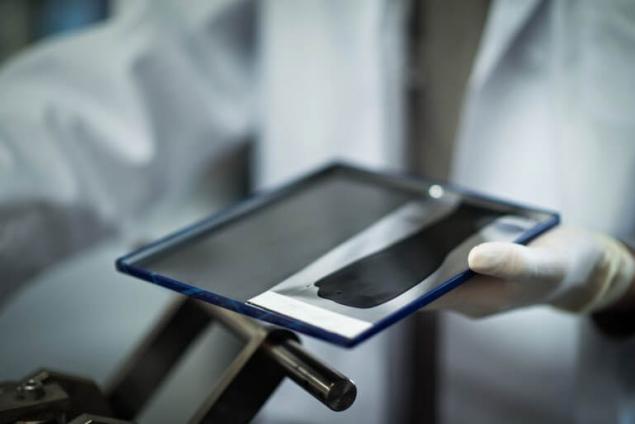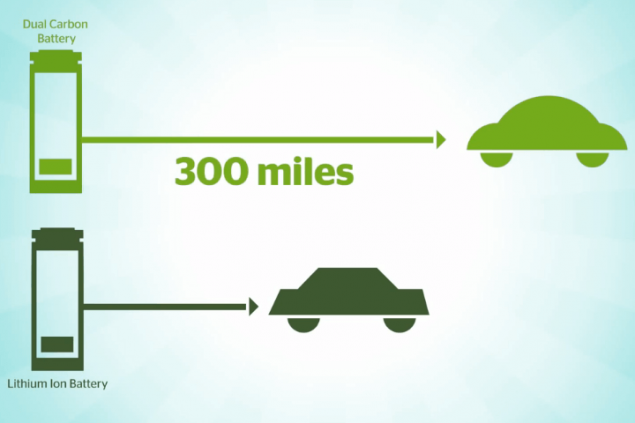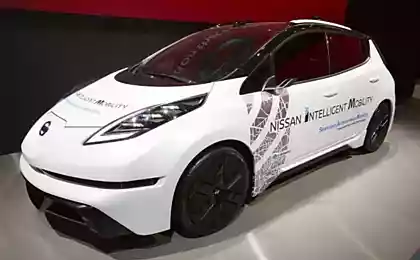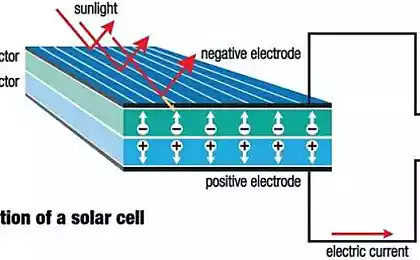671
New Japanese batteries for electric vehicles
Today, electric vehicles have a high enough price. This occurs through the use of bases rather expensive power sources. But it is not only the lack of them. In addition to a large value, the batteries also tend to bring a lot of trouble to owners of electric vehicles during charging. During this period, they are quite strongly heated than reduce its service life and need a lot of time that they gained their maximum capacity.
New development of Power Japan Plus in the long term, will solve all these issues, in addition, their use allows for greater security.
On the CNET, concern introduced a new technology called Ryden, which involves the use of the carbon anode and cathode in the battery, thereby increasing the speed of charging the battery by 20 times. Also, according to the manufacturer, these batteries tend to heat, therefore their use does not require additional cooling.

The current lithium-ion batteries have a high price for the use in their production of expensive materials such as manganese, nickel and cobalt. Power Japan Plus decided to go the other way - to use carbon as a cheap and available material. The company also introduced its product - organic carbon derived from cotton
. Ryden batteries will have the same energy density as lithium ion, so the stock car does not change course, but much will decrease the charging time of the battery. For example: it requires 4 hours to fully charge the Nissan Leaf, with the new Japanese development it will take 12 minutes
. The developers claim that this technology does not damage the battery, but also reduces operating time when fully discharged. Modern batteries do not have such a feature, and that does not allow them to use the full capacity and is technically difficult, so they are not degraded can not prevent them from full discharge.

Batteries Power Japan Plus made in the popular standard size 18650, which is used in laptop computers, flashlights, standalone chargers, etc. It is also used in an electric Tesla Model S.
From beginning, the Japanese company will produce its new medical device, and then licenses the technology and other companies that will be able to adapt it to the car market.
New development of Power Japan Plus in the long term, will solve all these issues, in addition, their use allows for greater security.
On the CNET, concern introduced a new technology called Ryden, which involves the use of the carbon anode and cathode in the battery, thereby increasing the speed of charging the battery by 20 times. Also, according to the manufacturer, these batteries tend to heat, therefore their use does not require additional cooling.

The current lithium-ion batteries have a high price for the use in their production of expensive materials such as manganese, nickel and cobalt. Power Japan Plus decided to go the other way - to use carbon as a cheap and available material. The company also introduced its product - organic carbon derived from cotton
. Ryden batteries will have the same energy density as lithium ion, so the stock car does not change course, but much will decrease the charging time of the battery. For example: it requires 4 hours to fully charge the Nissan Leaf, with the new Japanese development it will take 12 minutes
. The developers claim that this technology does not damage the battery, but also reduces operating time when fully discharged. Modern batteries do not have such a feature, and that does not allow them to use the full capacity and is technically difficult, so they are not degraded can not prevent them from full discharge.

Batteries Power Japan Plus made in the popular standard size 18650, which is used in laptop computers, flashlights, standalone chargers, etc. It is also used in an electric Tesla Model S.
From beginning, the Japanese company will produce its new medical device, and then licenses the technology and other companies that will be able to adapt it to the car market.
























